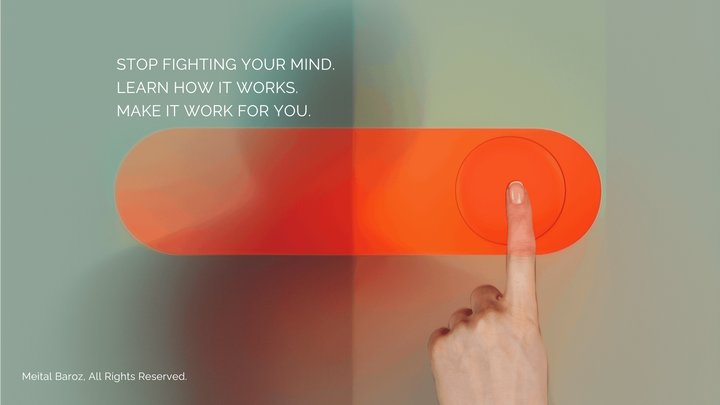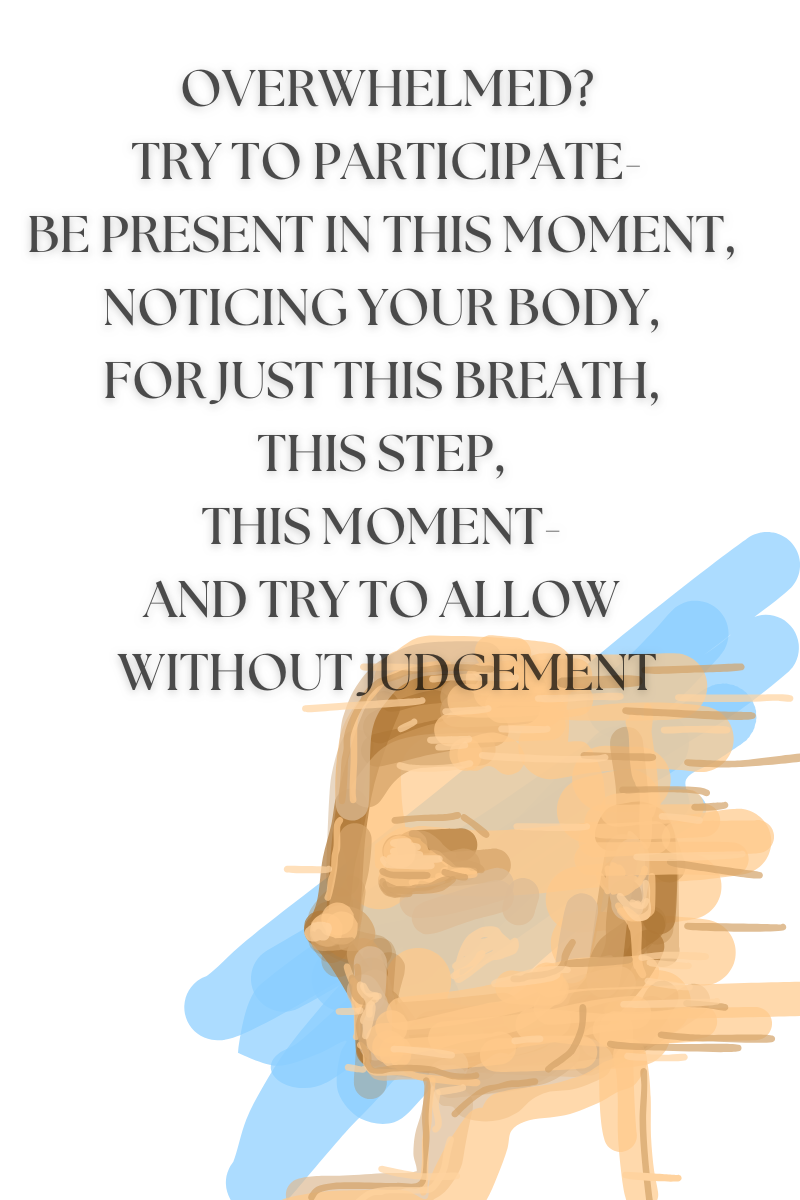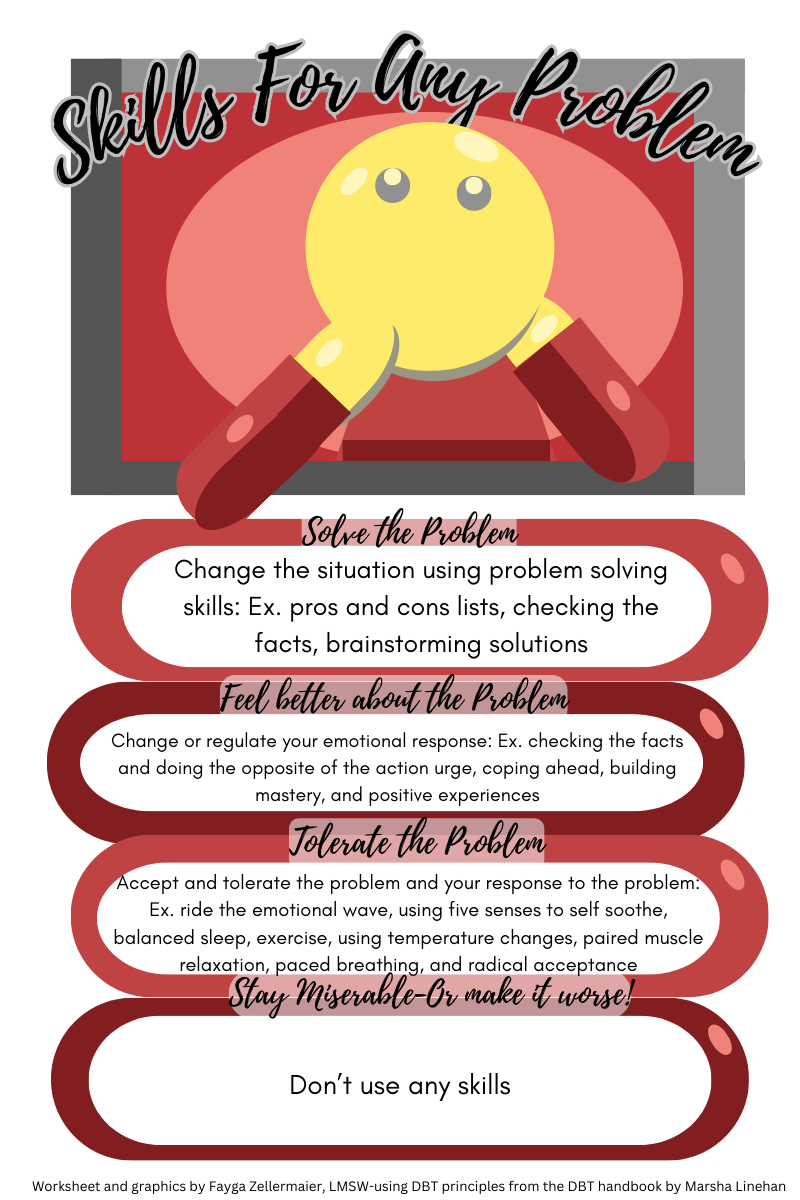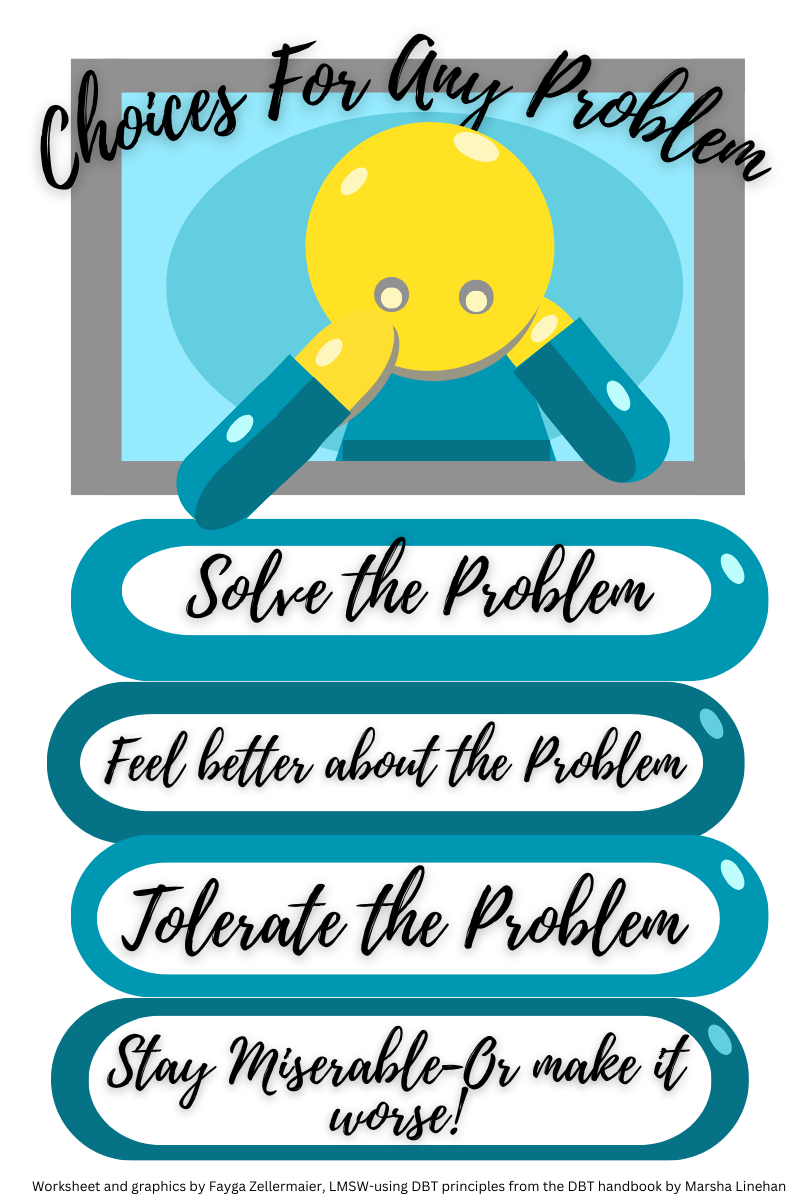Professionals Who Specialize in Mood Disorders
Moses Appel, PhD
Therapists, Doctor of Psychology, Ph.D.
"At ADO Psychology Center, our approach is deeply rooted in compassion and evidence-based methods that foster personal growth and recovery. We draw from a evidence-based modalities, including Cognitive-Behavioral Therapy (CBT), Acceptance and Commitment Therapy (ACT), and Dialectical Behavior …
Tova Wacholder
Certified Coach
"I specialize in supporting young adults and adults who are navigating the often complex and challenging dynamics of relationships, particularly those rooted in their family of origin. I know that each person’s journey is unique, and I’m committed …
Tzippy Farhy, LCPC
Therapists, Licensed Clinical Professional Counselor,LCPC, NCC
"When clients come to me after experiencing unsuccessful attempts with alternative therapies, that's when their therapeutic journey truly begins. Many of them often pose the question, "I've been in therapy for years, gained insights, and developed a deeper …
Juli Teitler, MPS, LCAT, ATR-BC
Therapists, Licensed Clinical Creative Arts Therapist
"My approach is warm, direct, and collaborative, with a strong focus on creating a space that feels both supportive and grounded. I bring structure and practical tools into sessions while also making room for emotion, reflection, and real …
Yael Katz
Therapists, Licensed Mental Health Counselor, LMHC
"In my practice, I adopt a compassionate and understanding therapeutic approach. I firmly believe that the key to successful therapy lies in establishing a safe and accepting space where clients can freely explore their thoughts and emotions. By …
Alyssa Jaffe, LMHC-D, PMH-C
Therapists, Licensed Mental Health Counselor
"In my therapy practice, I embrace an integrative and holistic approach, aiming for a comprehensive understanding that guides my interventions. While my training lies in psychodynamic psychotherapy, my sessions reflect an eclectic blend of techniques drawn from various …
Ariela Bellin
Therapists, Doctor of Psychology, PsyD
"In my practice, I embrace a holistic approach to therapy, valuing each individual's unique experiences and needs. My goal is to create a safe, empathetic space where clients can explore their thoughts and feelings without judgment. By drawing …
Esti Marcus, LCSW
Therapists, Licensed Clinical Social Worker, LCSW
"With a blend of different therapeutic perspectives, I provide a compassionate and understanding space to support your healing journey. Together, we will explore and process painful experiences, gain deeper insights into your thoughts and emotions, and forge connections …
Barry Granek, LMHC
Therapists, Licensed Mental Health Counselor
"My approach to therapy is rooted in the belief that everyone deserves a warm, supportive, and non-judgmental space where they can freely explore their thoughts and emotions, especially during pivotal life transitions. I specialize in gender-sensitive therapy, with …
Levi Rapoport
Therapists, Licensed Mental Health Counselor, LMHC
"I believe deeply in human potential and one’s ability to see oneself beyond their behaviors and thoughts. Using Rational Emotive Behavioral Therapy, I teach people to second guess the unhelpful rules they have written in their personal constitution. …
Meital Baroz, C.Ht
Certified Hypnotherapist. Certified Neuroscience Coach
"™The Up↑Set Method | Hypnotherapy and neuroscience-based tools. My approach integrates a range of powerful, cutting-edge modalities including hypnotherapy, neuroscience tools, and advanced techniques of cognitive-behavioral restructuring. Together, we create a space that supports clarity, transformation, and the …

Learn why self sabotage happens on a subconscious level and how hidden patterns shape your success, growth and confidence. Discover how to release old protection and empower yourself.
Full Article
Overcome inner resistance to change with gentle, practical methods. Align your conscious goals with subconscious patterns for lasting growth and healing.
Full Article
While for some, Pesach and religious holidays are the highlight of the year, for others, these times can be quite challenging. Whatever your experience, whether anticipating eagerly or dreading anxiously,…
Full Article
Episodic mood illness represents a spectrum of conditions that are highly treatable yet often go misdiagnosed—it can take patients up to 9 years to get properly diagnosed, in fact. Much…
Full Article
The Mental Health Crisis Crisis We are in the midst of a mental health crisis—crisis. It’s hard to know where to begin when I find myself in a field with…
Full ArticleTransgenerational trauma, the emotional and psychological scars passed down from one generation to another, can profoundly affect individuals and families. This phenomenon often manifests in anxiety, depression, and unhealthy relationship…
Full Article
How can we implement IFS concepts into our daily living? Here are some practical tips. For a further exploration of what IFS is, take a look at Part 1.
Full Article
Dialectics, Dialectical Behavioral Therapy, Dialecticality. What does this word even mean and why should it suddenly enter our vocabulary? Marsha Linehan, the founder of Dialectical Behavioral Therapy (DBT) characterized…
Full ArticleUnderstanding Mood Disorders in the Jewish Community
Hello and welcome to our dedicated space for discussing and supporting individuals experiencing mood disorders within the Jewish community. Our site features a diverse range of professionals, therapists, and content focused on understanding and addressing mood disorders in the Jewish community.
Unique Challenges of Mood Disorders in the Jewish Community
When individuals within the Jewish community struggle with mood disorders, which are often shaped by distinct cultural and religious factors, it represents a specific set of challenges faced by this group. Stigma, attitudes toward mental health, cultural expectations, and religious considerations can all impact the experience and treatment of mood disorders in the Jewish community. Often, cultural and religious factors play a role in how mood disorders are perceived and managed. They can affect emotional well-being, relationships, and participation in community life.
Watch the videos below to gain insights from Jewish mental health professionals, therapists, and advocates. These resources offer extensive knowledge on supporting those facing mood disorders within the Jewish community, providing expert guidance and culturally sensitive approaches.
Understanding and Supporting Mood Disorders within the Jewish Community
Mood disorders are common mental health conditions across various communities, including unique considerations faced within the Jewish community. While the broader medical understanding of mood disorders exists, the intricacies of cultural norms, religious practices, and community dynamics within the Jewish community add layers of complexity. Navigating mood disorders within the Jewish community can affect individuals of all ages and backgrounds, highlighting the need for awareness and tailored support.
Strategies for Supporting Mood Disorders in the Jewish Community
Effective support for Jewish individuals experiencing mood disorders necessitates approaches that are culturally and religiously attuned. This encompasses therapy that respects religious beliefs and cultural practices, community support networks that provide a sense of belonging and understanding, and accessible mental health resources. Tailored interventions and treatment programs are developed to address the specific facets of mood disorders within the Jewish community. It's crucial to seek professional guidance to navigate these challenges effectively, ensuring improved mental health, emotional well-being, and overall quality of life. It's important to note that our professionals are experts in their fields, bringing both specialized knowledge and a deep understanding of cultural nuances to their work.
Our directory features professionals, including Therapists, Psychiatrists & Coaches, who offer culturally sensitive support for those navigating Mood Disorders within the Jewish community.

 Brooklyn
Brooklyn



